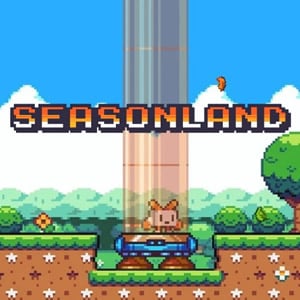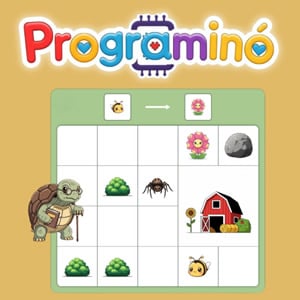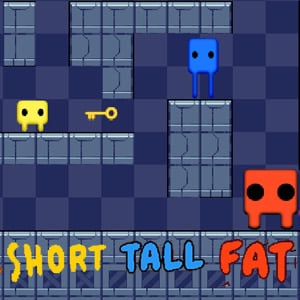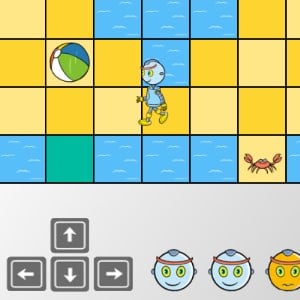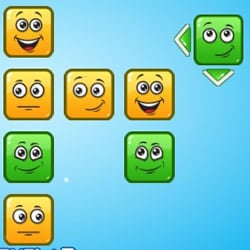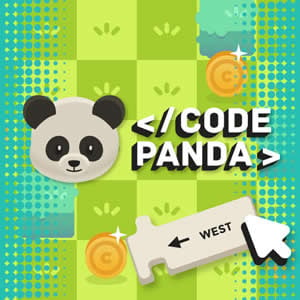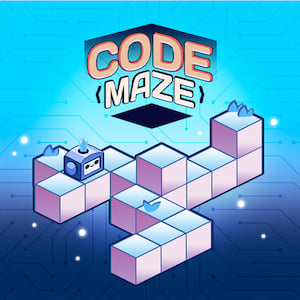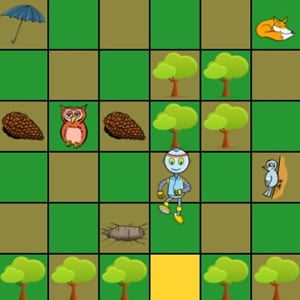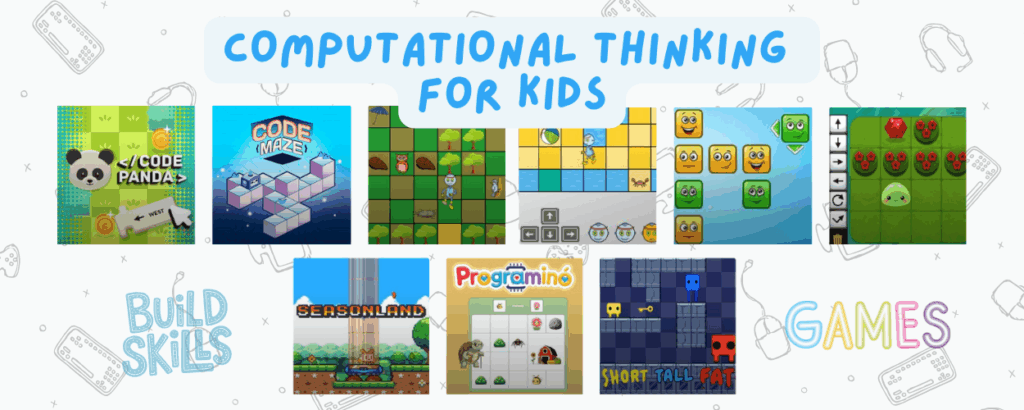
What is computational thinking?
Computational thinking is a way of solving problems using logical and structured methods, inspired by how computers think. It doesn’t only mean “learning to code”, but rather acquiring a set of cognitive skills that allow you to:
Break down a big problem into smaller, manageable parts.
Recognize patterns and similarities among different problems.
Abstract the important things, ignoring what is not relevant.
Design algorithms: that is, ordered sequences of steps to reach a solution.
Test and debug these solutions until they work.
Games to develop computational thinking
– Seasonland: Robot Rabbit Adventures — A pixel-art adventure/platform game where you accompany…
– Programinó: First Steps in Programming — An online educational game designed for children to start in programming…
– Short, Tall, Fat: Collaboration Adventure — A fun puzzle game with three different characters who must use their unique traits…
– Happy Blocks: Logic with Colour Blocks — A logic game with colour blocks. The blocks have arrows around them…
– Code Panda: Programming Game — A game to learn programming with a panda whose goal is to eat the bamboo in each level…
– Code Slime: Programming Game — An online game in which children must program the slime’s movements…
How to develop computational thinking with games?
Online educational games — like the ones we publish at Cokogames — are the perfect setting to develop computational thinking because:
-
They pose challenges with clear rules, forcing the child to break the problem into steps (e.g., move pieces in a puzzle; solve a calculation step-by-step).
-
They require recognising patterns (colours, shapes, numbers, trajectories) to anticipate what will happen next.
-
They encourage planning: before acting, children must think what action will lead them to the goal faster or with fewer errors.
-
They incorporate safe trial and error: if a strategy fails, you can try again without negative consequences, which strengthens debugging and resilience.
-
They connect with programming: many logic, maze or instruction-sequence games simulate how a programmer builds an algorithm.
-
They motivate through fun: being in a playful environment, the practice of these skills is more attractive than in a theoretical context.
In summary: online games are interactive laboratories of computational thinking. Children learn — without realising it — to analyse, organise ideas and seek efficient solutions, which are the very same foundations they will need for mathematics, science and programming.













